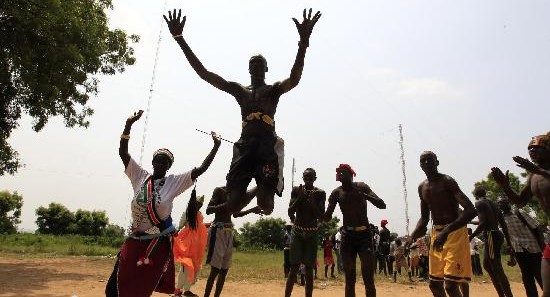South Sudan is a nation of over 64 ethnic groups that overwhelmingly voted for independence in the 2011 referendum. People from all these backgrounds made immense sacrifices during the long struggle for self-determination. Yet today, ethnic tensions and ethnocentric political ideologies threaten to tear our society apart.
I believe a nation built on falsehoods is destined to collapse under the weight of its own internal contradictions. Sadly, in South Sudan, many now reject the truth because it challenges their self-image, undermines their beliefs, or reveals unpleasant realities. This delusion is becoming a dangerous phenomenon, where those who speak truth are resented. Many South Sudanese rely on specific narratives for a sense of security, and when the truth challenges these narratives, it feels like a threat. Admitting fault is difficult, and the truth can feel like an attack on one’s ego. To reduce this mental stress, people often reject facts that contradict their deeply held beliefs, repressing painful truths from our collective past.
Our citizens are trapped by an SPLM leadership whose pursuit of power and wealth has plunged the country into perpetual conflict. The ruling class intentionally uses corruption to undermine justice and deny basic services. They exploit instability by delaying elections to avoid accountability, using cybercrime laws to silence citizens, and exaggerating threats from opponents to incite violence. For instance, the new cybercrime bill which is expected to passed into law grants extensive surveillance powers to the National Security Service (NSS), effectively silencing political opposition and limiting the basic right to free speech. The NSS is permitted to conduct surveillance, make arrests, detain individuals, and seize property without warrants under broad “national security” pretexts. These laws are being used to target activists and human rights defenders, with the NSS even pursuing dissidents beyond South Sudan’s borders through intimidation.
To prevent a total collapse, citizens and civil society must unite against President Kiir’s authoritarian rule, with support from international and regional bodies. We must overcome tribal divisions by embracing peaceful coexistence and a shared national identity. This can be achieved by encouraging cross-tribal relationships to reduce ethnic dominance and by rejecting policies that promote tribalism. South Sudanese unity must be built on equality, ensuring equal rights and protections under the law for all. Social equality is not an ideal; it is essential for a stable and cohesive society.
Embracing ethnic inclusion is the key. It enables diverse groups to collaborate on shared goals instead of being divided by tribal lines. This is crucial for a nation characterized by such rich diversity. Inclusion promotes social cohesion by fostering mutual respect and understanding. It is essential for building a peaceful and sustainable society and ensures fair representation in government and public service. Ultimately, it is the path to a more harmonious, equitable, and prosperous South Sudan for all. Inclusive representation is crucial for building citizen trust, gaining policy support, and ensuring political efficacy across our diverse population.
We can create a democratic South Sudan by ensuring all citizens have a voice. President Kiir must recognize our diverse society and prioritize ethnic inclusion, creating an environment where all groups feel valued and can participate fully in the political process. The exclusion of non-Dinka groups, who participated fully in the liberation struggle, from significant government representation since 2011 is a critical issue that must be addressed. Therefore, any future leader who wishes to govern must embrace ethnic inclusion, treating all citizens with respect, dignity, and equal rights, regardless of their ethnicity.
We must never again permit leaders like President Kiir, who have divided our society along ethnic lines. Our strength lies in our diversity of over 64 tribes; this is the core of our identity and the very reason we gained our freedom. Our future depends on remembering that.
The writer, Jwothab Othow, is a political activist and critic of South Sudanese government. He can be reached at Jwothab@yahoo.com
The views expressed in ‘opinion’ articles published by Radio Tamazuj are solely those of the writer. The veracity of any claims made is the responsibility of the author, not Radio Tamazuj.




